Launched in 2022 under the leadership of INESC TEC, to contribute to the development of a more sustainable and resilient industry sector, SoTecIn Factory is now, three years later, showcasing dozens of technologies designed to boost the circularity of value chains. Over two days, the SoTecIn Factory Start-up Day presented high-impact circular solutions across the plastics and packaging, textile, and agro-food sectors – aiming to connect them with companies and organisations interested in increasing the circularity of their processes.
Thirty start-ups from 14 European countries – Estonia, the Netherlands, Germany, Italy, Portugal, Spain, France, Slovakia, Greece, Belgium, Romania, Lithuania, Poland, and Croatia -attended the event to present their sustainable innovations.
More than just a display, this was a key moment to assess the attractiveness and competitiveness of the technologies developed, to promote their integration into the market, and to accelerate the path towards a more sustainable, resilient, and collaborative future.
“This type of event brings science and research closer to market needs and allows us to accelerate the transition to more circular and sustainable models. The companies here are presenting real circularity solutions, which are being tested and commercialised in the value chains of the textile, plastics & packaging, and agro-food sectors,” said Gustava Dalmarco, a researcher at INESC TEC and project coordinator.
In addition to the technology demonstrations on display, the event featured start-up presentations and matchmaking sessions, supported by the Enterprise Europe Network (EEN), creating real opportunities for collaboration between innovators, investors, and industry stakeholders.
“This co-creation environment is essential to accelerate the integration of solutions into the business landscape, foster open innovation among different players, and drive joint business growth. The business meetings promoted by EEN are particularly relevant in this context, as they facilitate direct contact between start-ups, established companies, and potential partners at both national and international levels, creating concrete opportunities for collaboration, investment, and scalability,” explained Cristina Barbosa, researcher at INESC TEC.
Solutions with the potential to transform critical sectors
Shall we look at a few examples?
Let’s begin in Portugal: Swyco, founded in 2022, in Porto; it promotes sustainability and circular economy practices in the fashion and lifestyle sector. Through a digital platform, it helps brands adopt more eco-friendly practices by managing product returns, facilitating resale, and connecting them with repair and recycling services.
The German company The Ocean Package presented a reusable packaging system for logistics, made from fishing nets. The system aims to replace single-use solutions, thus reducing marine pollution.
Greece’s Ideas Forward introduced CO2Path – a platform that enables companies to accurately monitor and report carbon emissions from their logistics operations, encouraging more sustainable decision-making in line with regulatory requirements.
Belgium’s Okret: a digital platform that allows textile sector companies to manage the entire circular lifecycle of their products centrally and efficiently. This includes post-sale take-back, resale, repair, or product remanufacturing – key activities for transitioning to circular economy models.
Estonian start-up Myceen proposes a biological solution using mycelium – the root system of fungi – to create eco-friendly insulation materials and design objects, with applications in construction and interior decoration.
Hungarian-based SmartMBSE presented RElio, a digital platform transforming how local producers and conscious consumers connect, promoting community networks focused on sustainability. The solution combines a digital marketplace for sustainable products with a space for community interaction, helping transition from long, centralised supply chains to shorter, resilient, and distributed models.
More products, services, and investment opportunities are available on the project’s marketplace.
Funded by the Horizon Europe Programme, SoTecIn Factory – now ending – aimed to build an active community by developing initiatives focused on circularity and social impact within European industry. It supported 50 companies in developing advanced solutions for resource and energy efficiency, thereby helping to find sustainable supply alternatives, boost European autonomy, and foster social entrepreneurship – skills vital to the green and digital transition.
The researchers mentioned in this news piece are associated with INESC TEC.

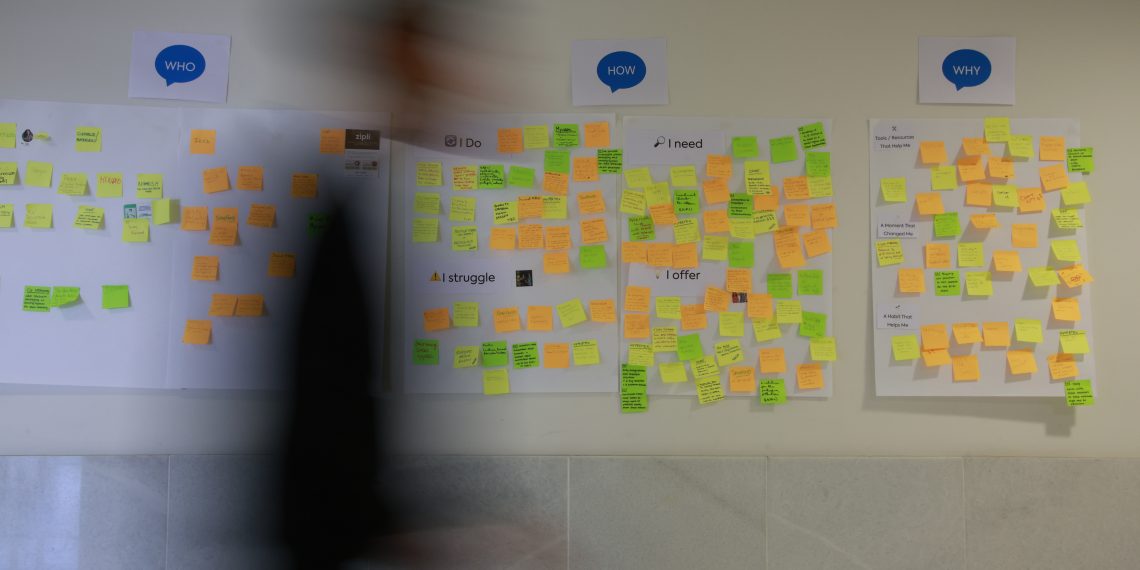
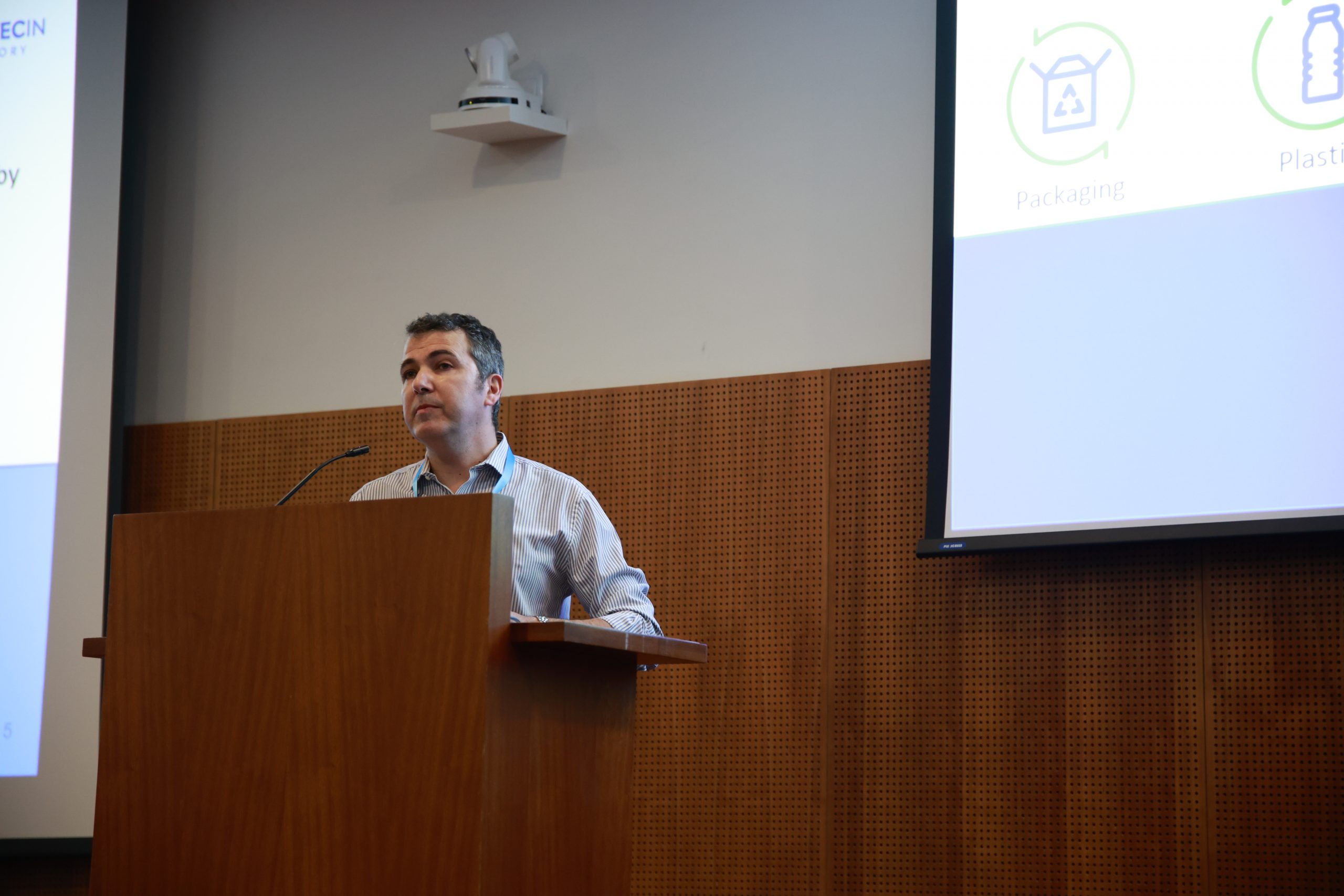
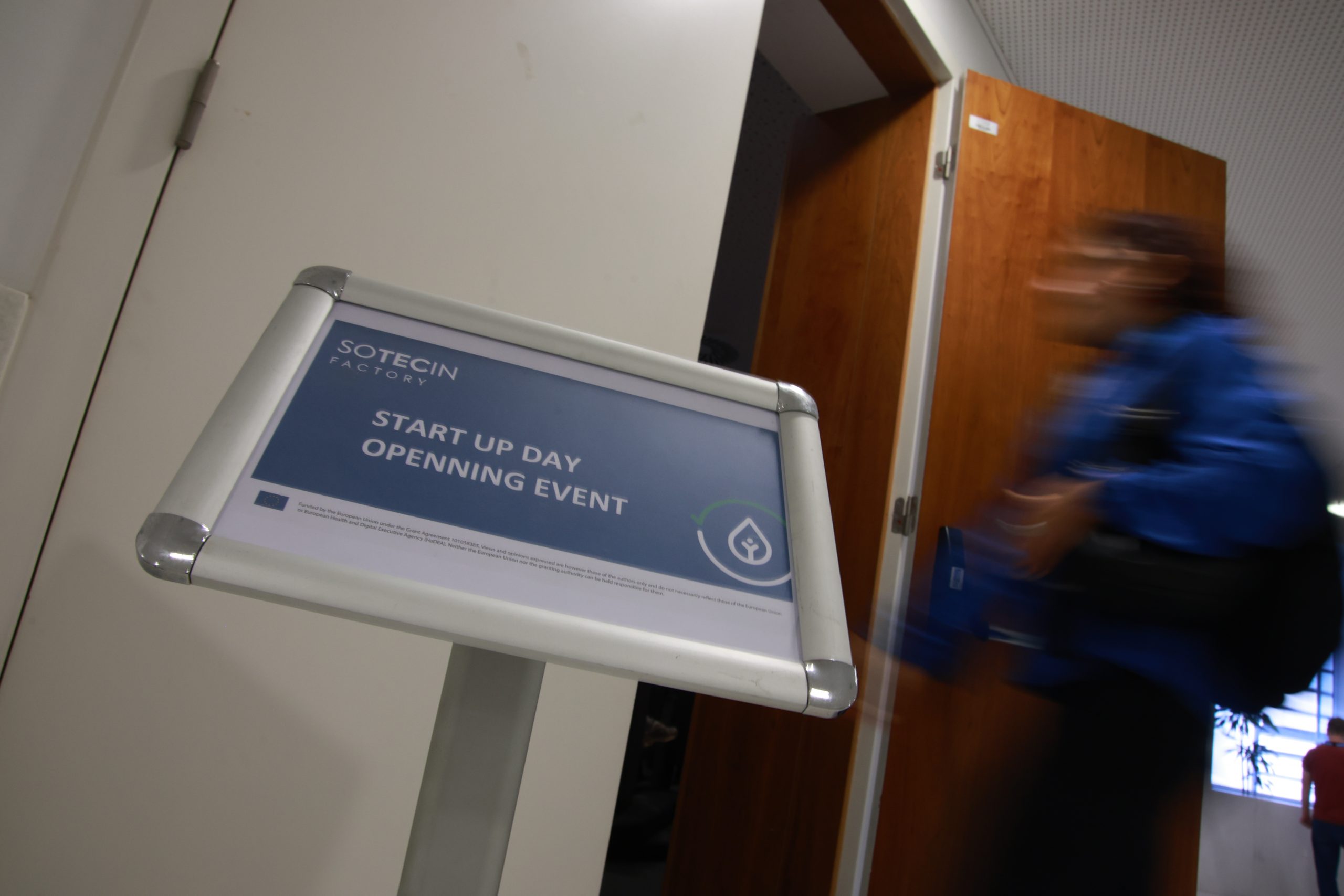
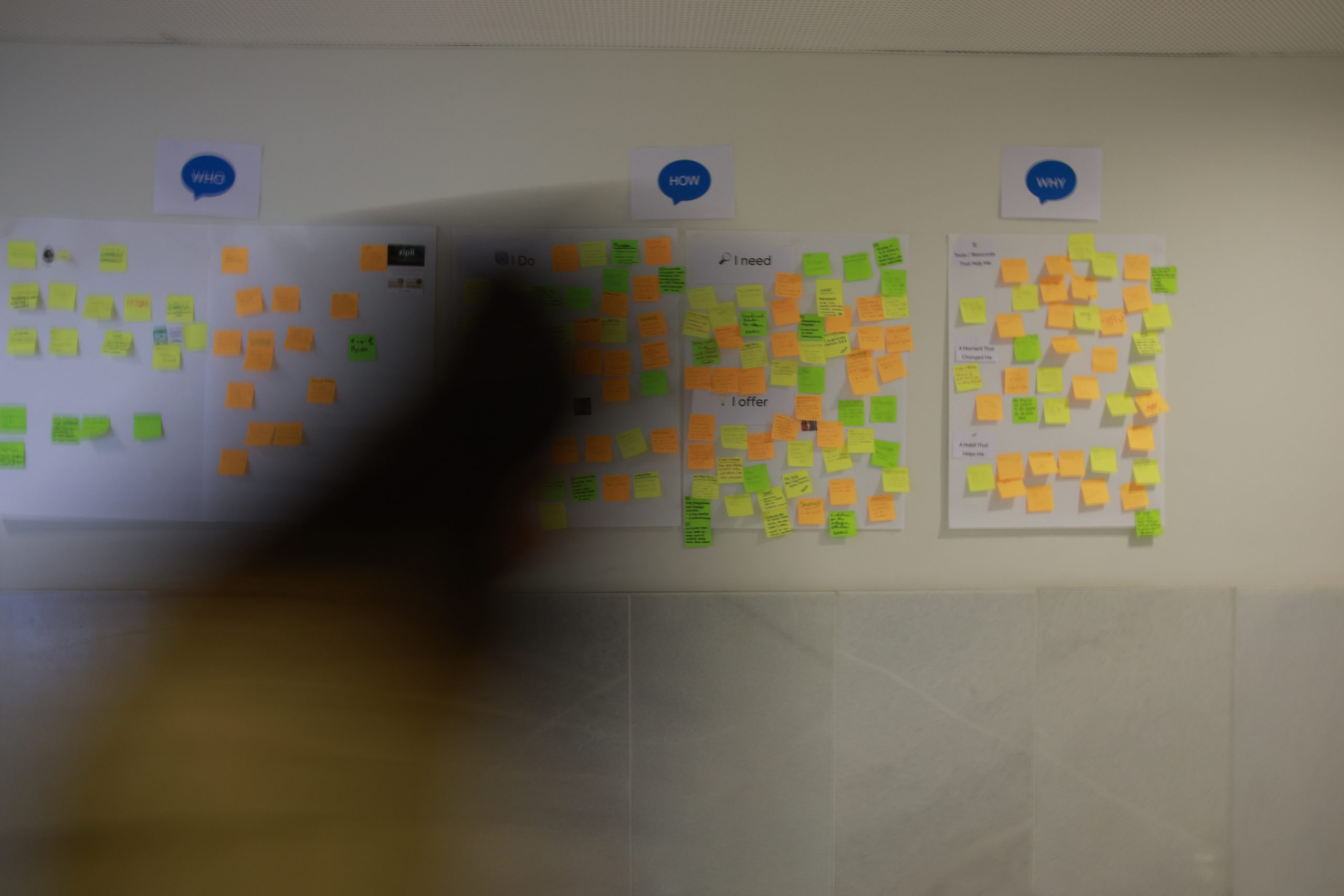
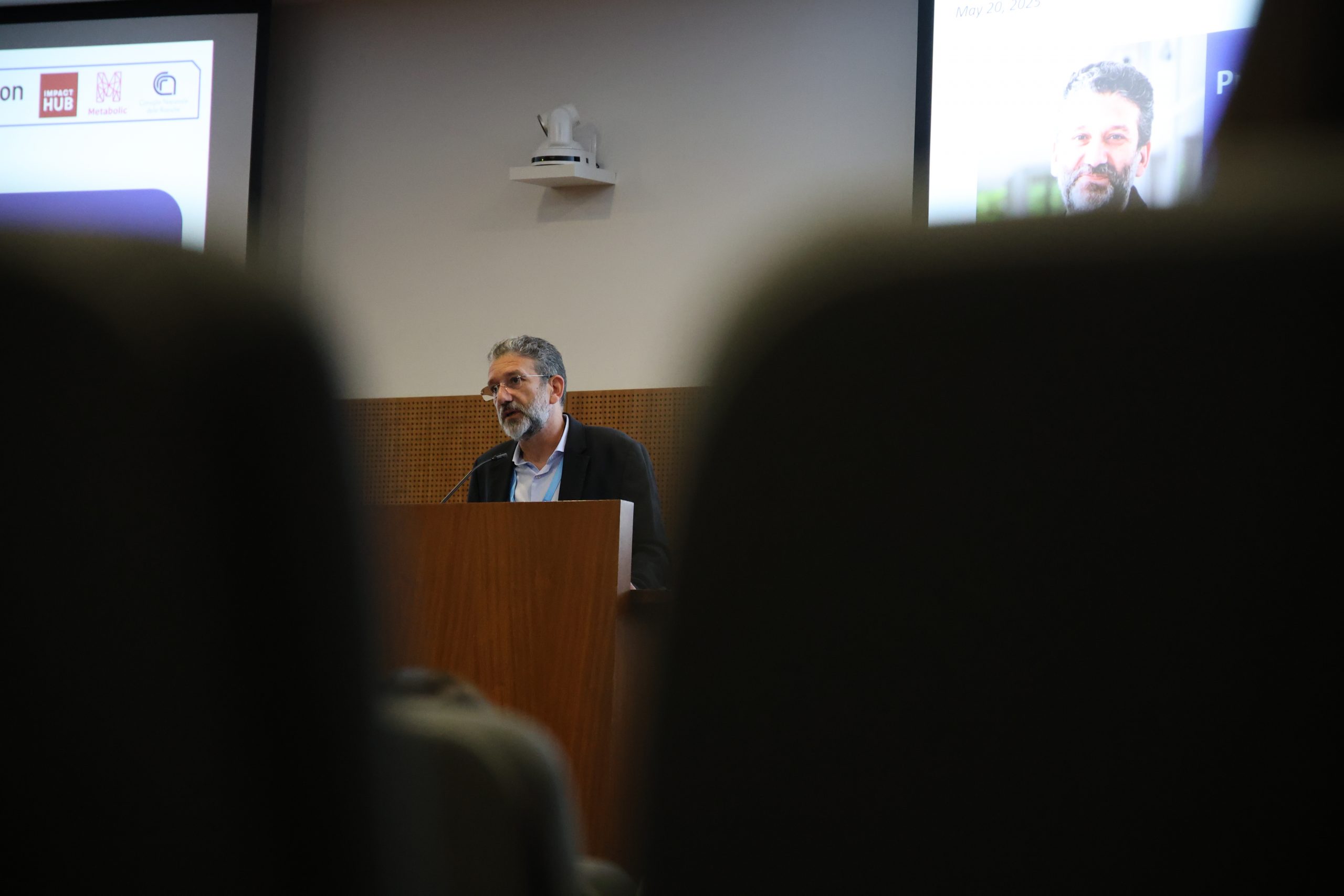
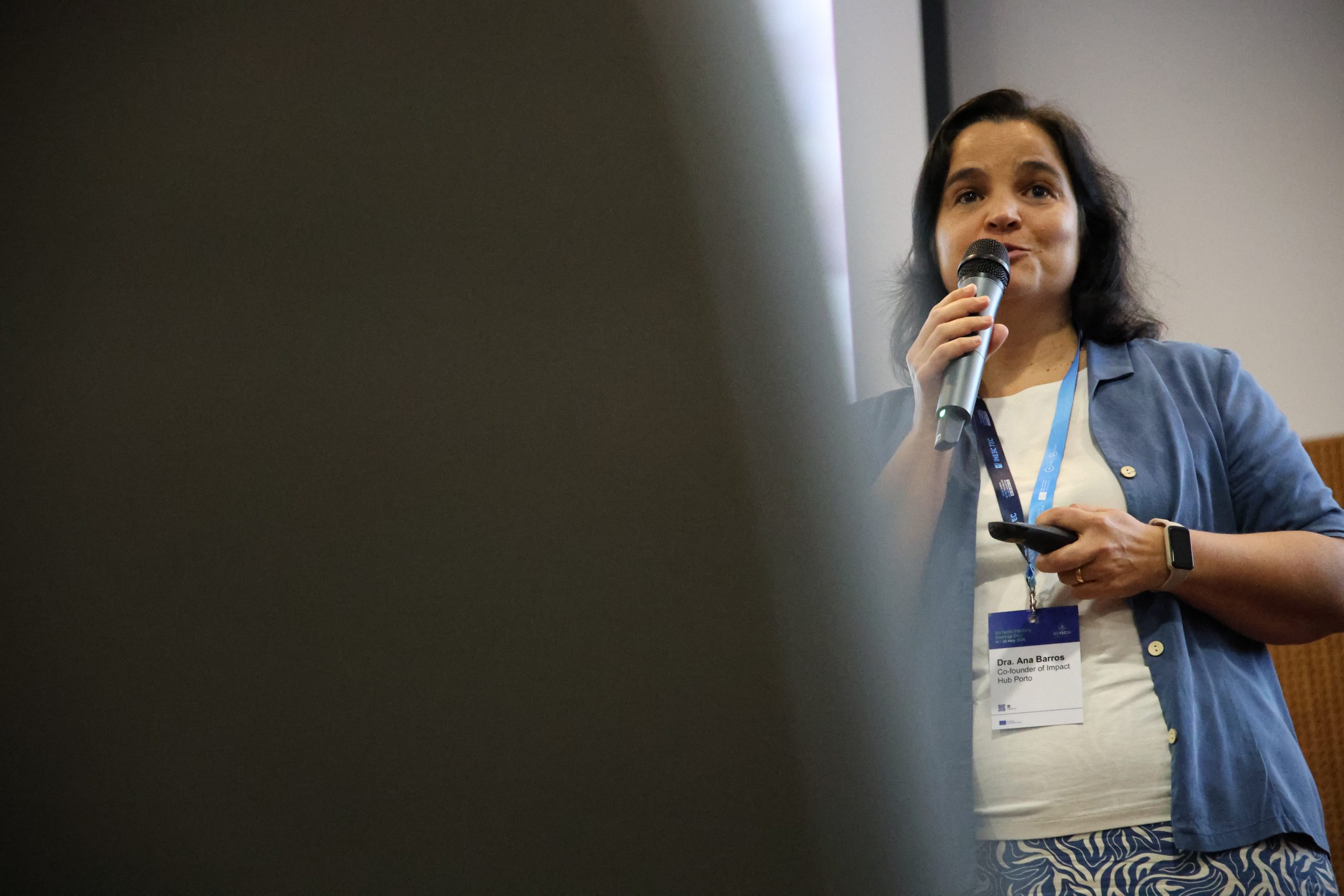
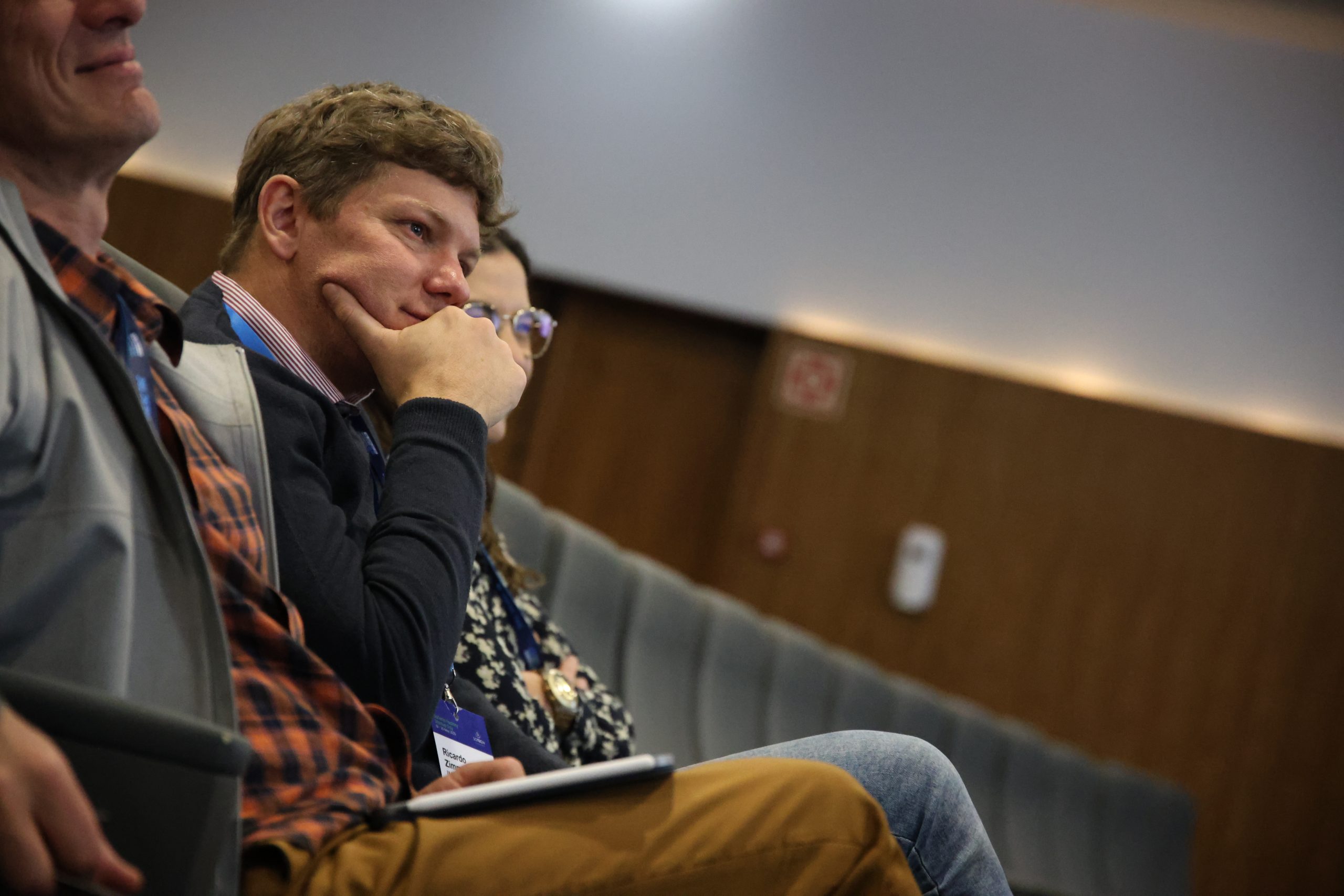
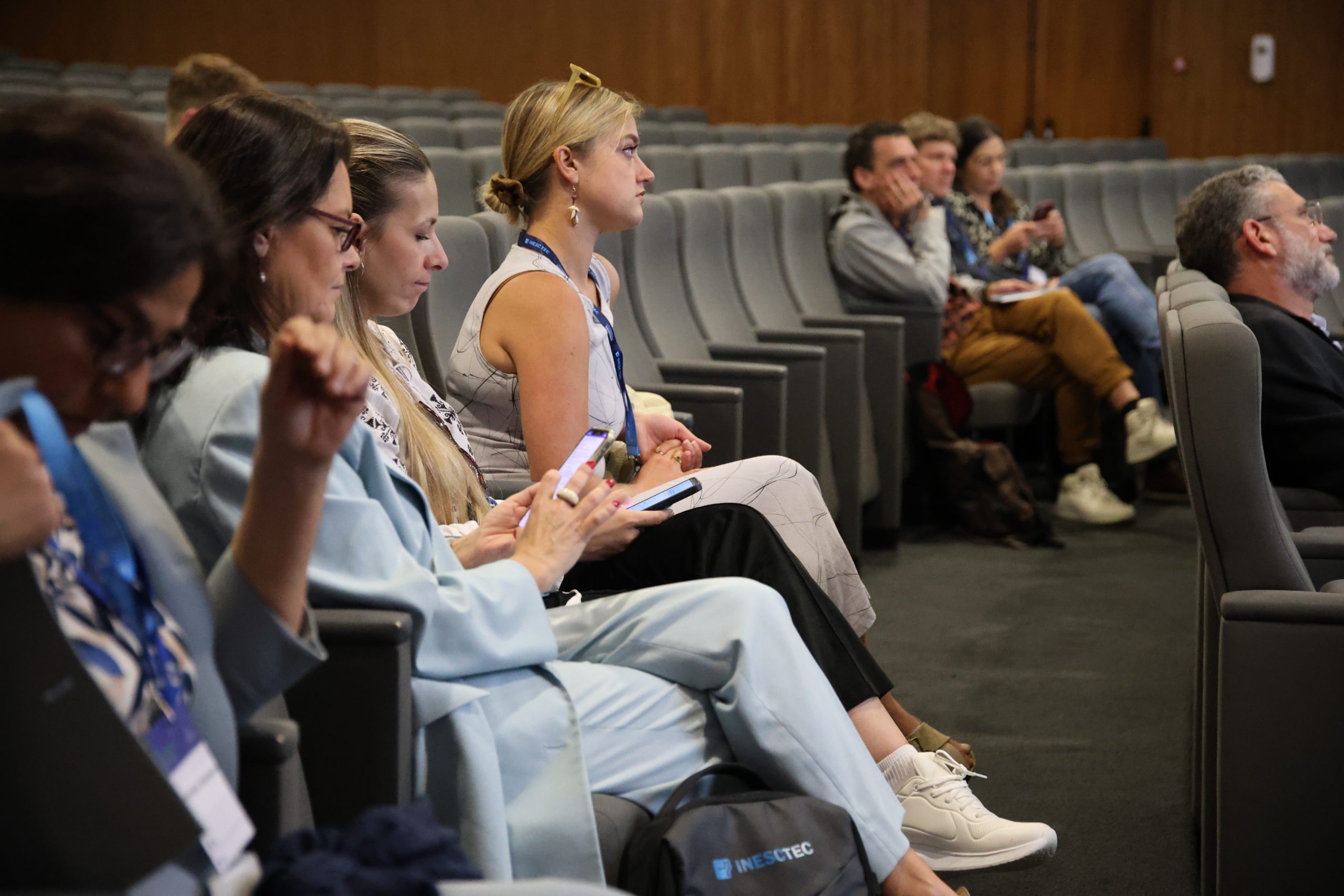
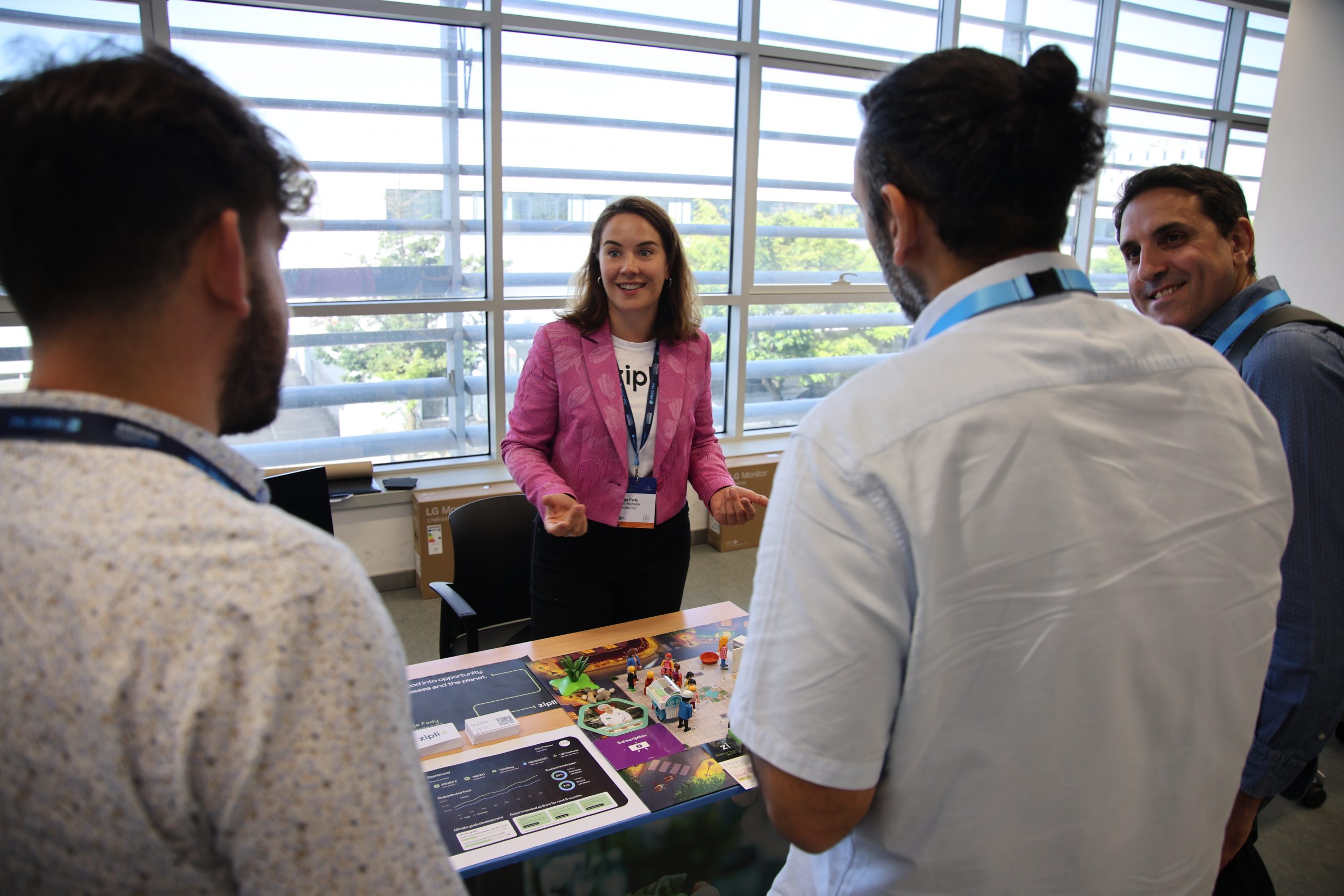
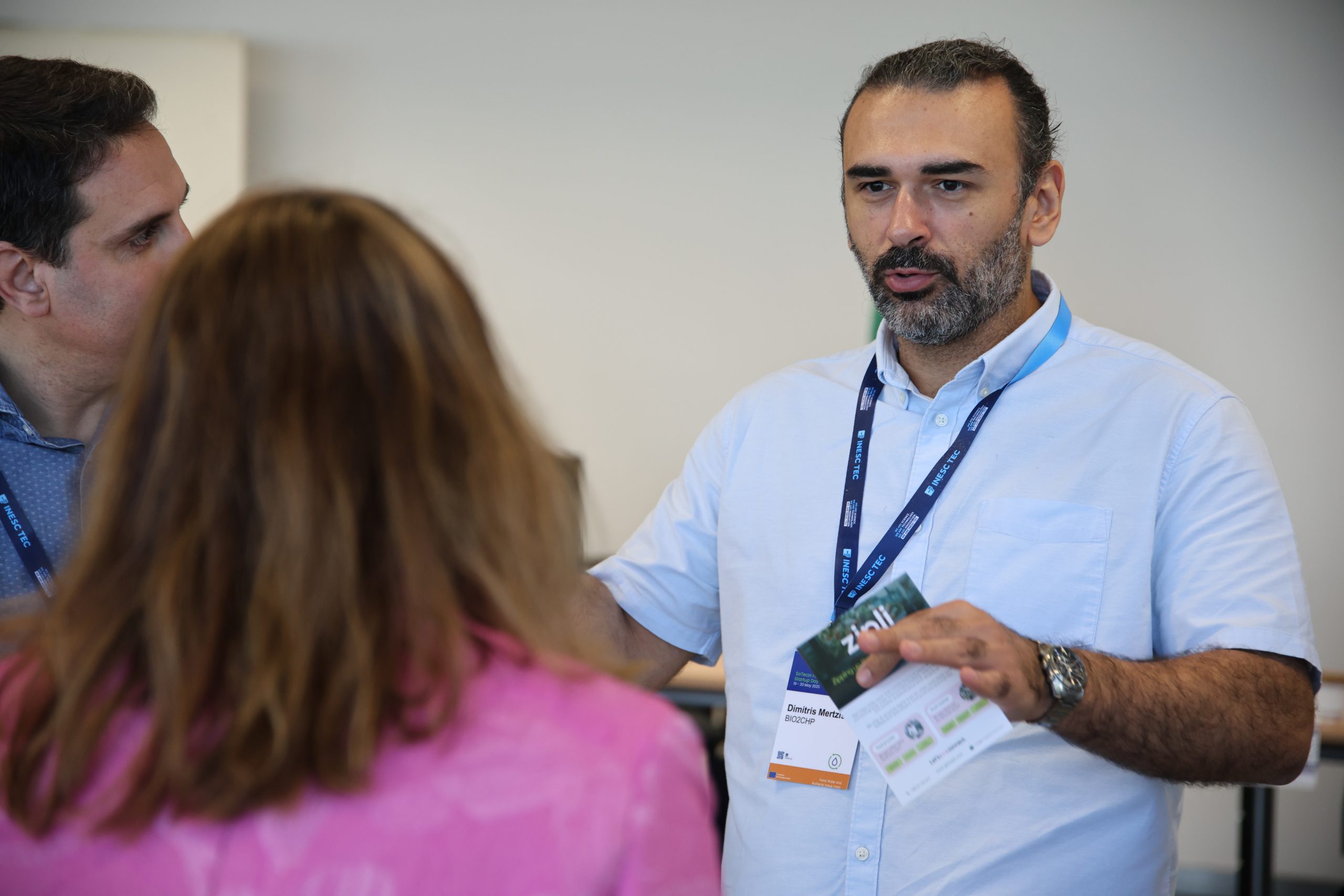
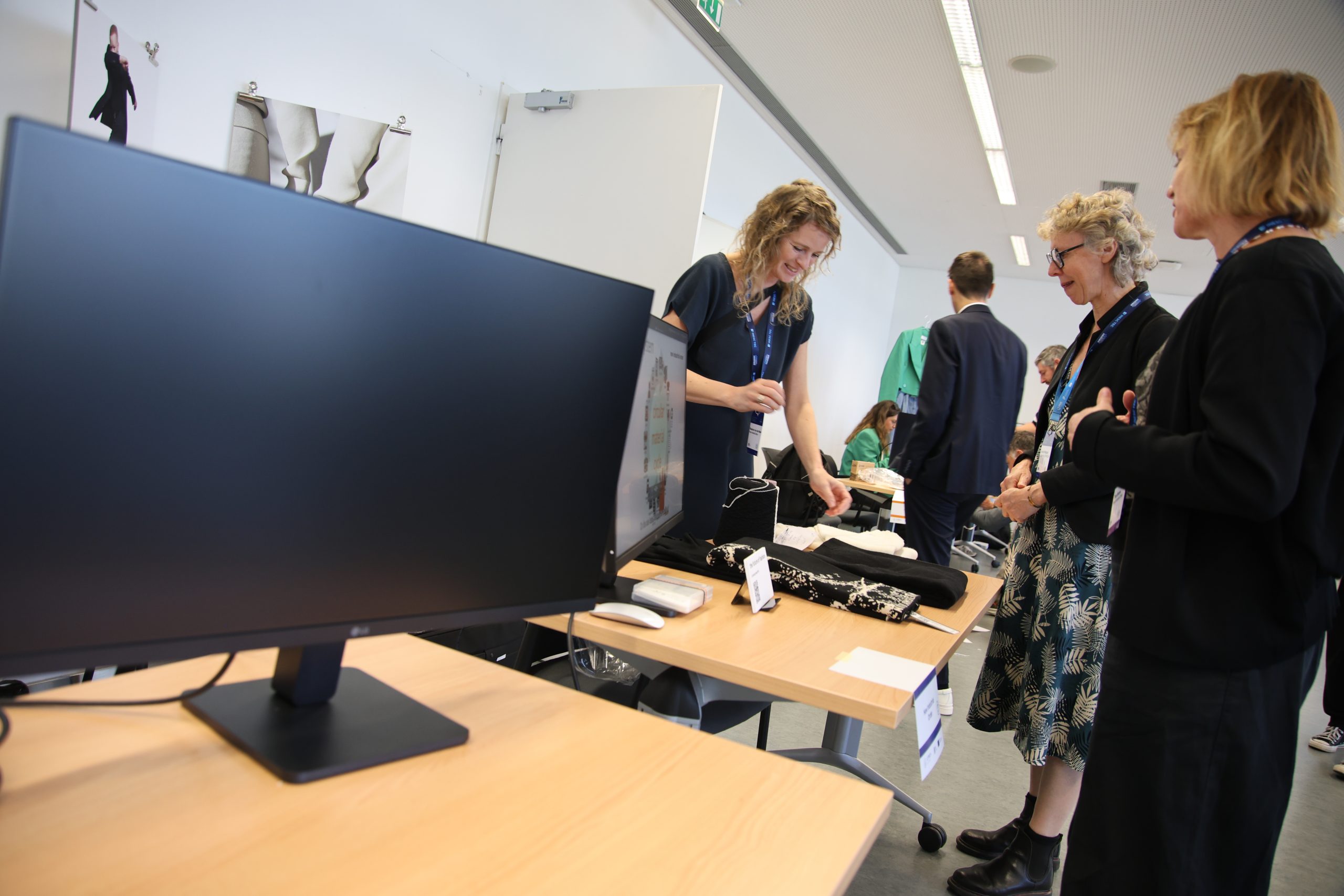
 News, current topics, curiosities and so much more about INESC TEC and its community!
News, current topics, curiosities and so much more about INESC TEC and its community!